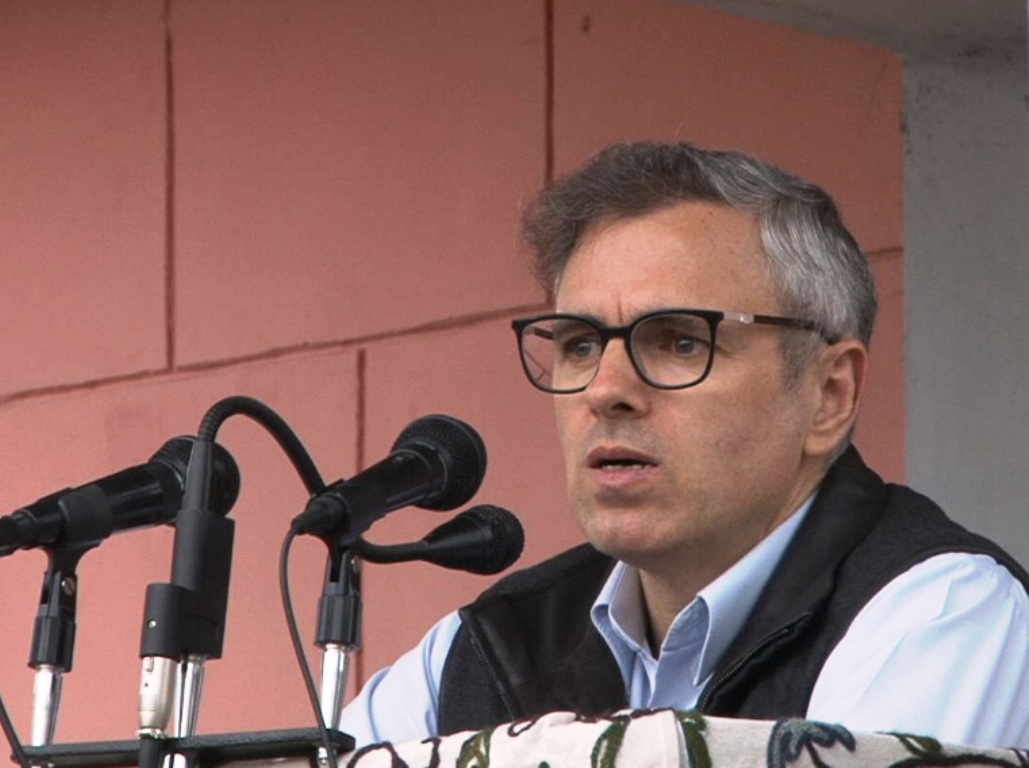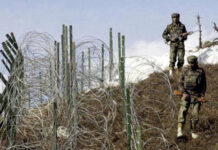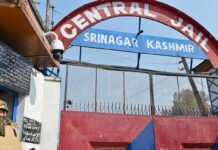SRINAGAR: Jammu and Kashmir has completed five years under the central rule, making it the second-longest period of Presidential rule in India’s history since 1947. Since 1977, the region has experienced direct Central rule on eight different occasions. Besides, Jammu and Kashmir holds the record for the longest duration of Central rule, surpassing six years.
The state’s last assembly elections were held in 2014, resulting in a fragmented mandate. Subsequently, the People’s Democratic Party, led by Mehbooba Mufti, and the Bharatiya Janata Party (BJP) formed an alliance based on a common minimum agenda. However, the alliance crumbled on June 19, 2018, when the BJP withdrew its support from the PDP-led coalition.
In August 2019, the central government revoked Jammu and Kashmir’s semi-autonomous status under Article 370 of the Constitution and downgraded it from statehood to a Union Territory. Since then, no assembly elections have taken place in the newly formed Union Territory. Elected governments in Union Territories possess limited powers, with ultimate authority resting in the hands of the Central government.
Omar Abdullah, former Chief Minister of Jammu and Kashmir, accuses the BJP of avoiding elections due to a fear of impending defeat. Sajad Lone of the People’s Conference and several other leaders claim that democracy is continuously being denied in Jammu and Kashmir since its statehood was revoked.
Contrary to opposition allegations, the BJP has urged the Election Commission to announce poll dates and recently organized a rally in Srinagar, coinciding with the completion of five years of central rule in J&K. Ravinder Raina, the chief of J&K BJP, appealed to the Election Commission to schedule assembly elections in Jammu and Kashmir.














